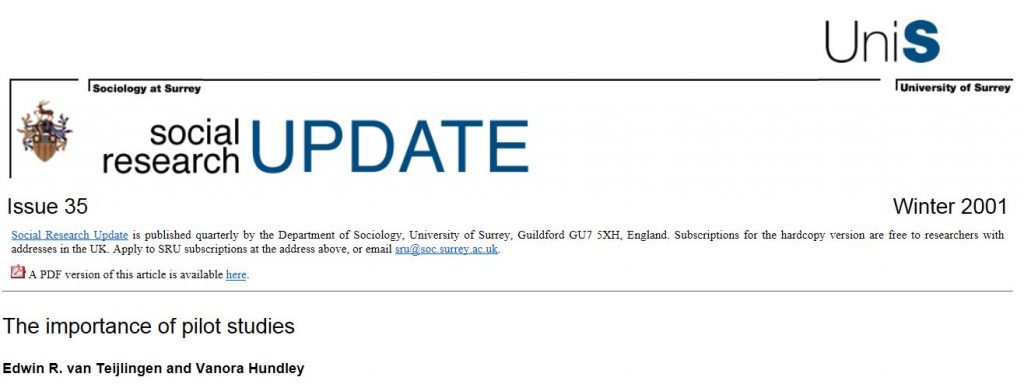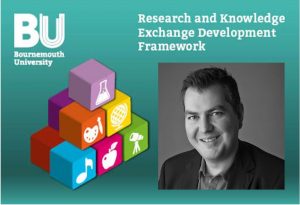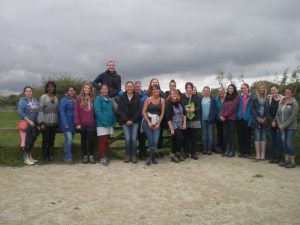
The Doctoral and Advanced NIHR Fellowship Awards are now open to support individuals to undertake exciting and impactful research on their trajectory to becoming future leaders.
Now with increased flexibility and options to include clinical time, they support people at various points of their development from initial pre-doctoral training to senior post-doctoral research.
The NIHR has also partnered with seven charities to offer jointly-funded Partnership Fellowships at Doctoral and Advanced (post-doctoral) levels to utilise the strengths and expertise of both partners.
What do the Doctoral and Advanced Fellowships offer?
Round 3 Doctoral Fellowship – application deadline 1pm, 17 December 2019
The NIHR Doctoral Fellowship is a three year full-time award that supports individuals from all professional backgrounds to undertake a PhD in an area of NIHR research. This Fellowship may be taken up on a part-time basis between 50-100% whole time equivalent (WTE).
Clinical applicants can include up to 20% clinical time as part of the Fellowship.
Need help with your application? Find out tips from Professor Gary Frost, Chair of the NIHR Doctoral Fellowship Selection Committee.
Find out more
****************************************************************************************************************************
Round 3 Advanced Fellowship – application deadline 1pm, 3 December 2019
The NIHR Advanced Fellowship is for those at post-doctoral level and aimed at several specific points of a researcher’s career development. It is between 2 and 5 years and can be completed on a full or part-time basis (between 50-100% WTE).
They are also available with a ‘clinical academic’ option where clinical applicants can request up to 40% of their time be dedicated to clinical service/development, which would be covered by the award.
Find out what makes an excellent Advanced Fellowship application from Professor Jayne Parry, Chair of the NIHR Advanced Fellowship Selection Committee.
Find out more
****************************************************************************************************************************
NIHR-Charity Partnership Fellowships
Last year the NIHR Academy announced it would partner with leading UK medical research charities for the first-time, to offer jointly funded NIHR-Charity Partnership Fellowships at both Doctoral and Advanced (post-doctoral) level.
The aim, as part of the newly restructured NIHR Fellowships programme is to harness the strengths and expertise of both partners by adding value and quality in order to make the greatest impact.
Jointly funded NIHR Charity Partnership Fellowships enable researchers to:
- Be part of an active and supportive research community; maintaining and building a relationship with both the NIHR and charity partner.
- Engage with and receive valuable input from patient groups, making the most of the patient engagement/involvement opportunities available.
- Gain greater research exposure through a variety of media and communication channels.
- Potential events/conferences/networking opportunities available from the NIHR Academy and charity partner.
Please note that Doctoral and Advanced Fellowships now have two rounds per annum that open in April and October.
And don’t forget, your local branch of the NIHR RDS (Research Design Service) is based within the BU Clinical Research Unit (BUCRU) on the 5th floor of Royal London House. Feel free to pop in and see us, call us on 61939 or send us an email.
























 Conversation article: London Marathon – how visually impaired people run
Conversation article: London Marathon – how visually impaired people run Horizon Europe News – December 2023
Horizon Europe News – December 2023